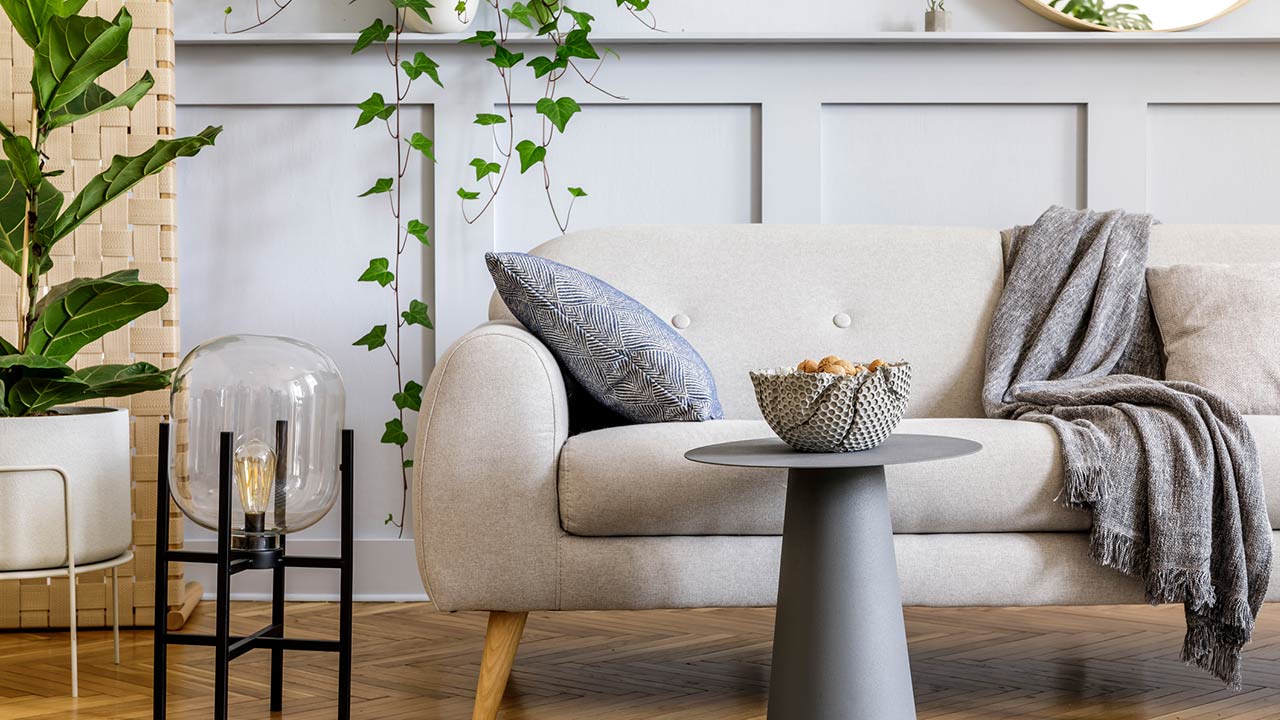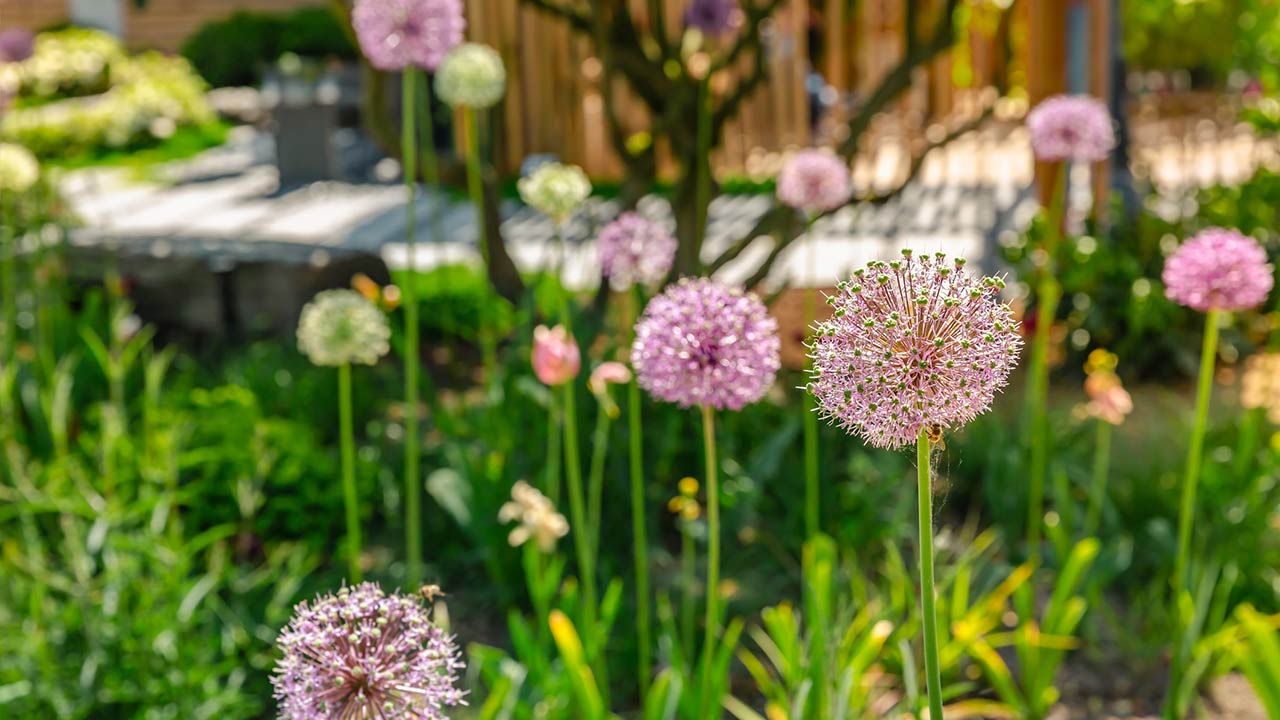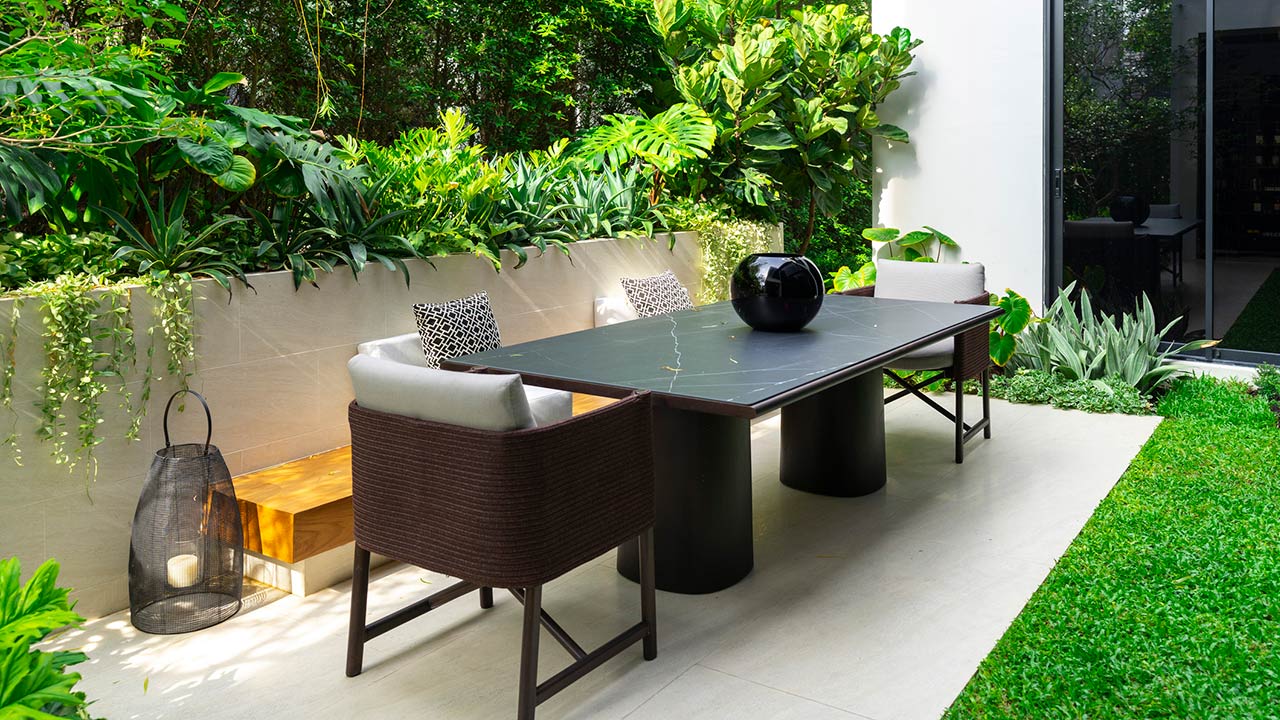Downtown or Suburbs – What’s the Right Scene For You?
Downtown or suburbs? It’s the age-old dilemma that many people face.
Depending on your age and what stage you’re currently at in life, this decision can usually be an easy one. Or it can be a challenging one, especially if kids start entering the picture.
The answer all comes down to your lifestyle, and all the factors that make it up.
But before delving deeper into the conversation about which one is better than the other, it’s worth noting an interesting trend that US cities have been seeing over the recent past.
Recent Shift Out of Suburbia and Into the City
We’re actually seeing a shift in demographics that are choosing city life over quiet suburban living. The ‘American Dream’ has long been to own a home, complete with the white picket fence, double-car garage, and a huge lot. But it seems as though the dream has somewhat evolved.
In fact, for the first time in a century, the majority of the largest cities in the US are growing at a faster pace than surrounding suburbs.
And while millennials and young childless professionals have tended to make up the population landscape in downtown areas, the latest housing numbers are reflecting an uptick in Americans of all ages and statuses trading in their expansive detached homes for high rises. In fact, construction of multiplex residences have reached their highest share of construction in the US since the early 1970s (not including a brief stint in 1985).
It seems that the real estate market is more driven by those who either choose to live in the downtown area, or somewhere in the near outskirts. This trend of multi-family building is happening all over the country.
Migration has been a huge contributor to population growth in all except five of the 50 fastest-growing metropolitan areas in the US. Cities like Austin and Seattle are growing particularly quickly, and city centers have grown faster compared to the US as a whole from 2012 and 2013 (0.9% compared to 0.7%, respectively).
But exactly how long this shift away from the suburbs to the city core will last remains to be seen. And don’t discount suburban living just yet. It’s simply a matter of which traits better suit you and your tastes.
So Which One is Better?
Ultimately, choosing which lifestyle suits you best — and where to buy — comes down to some key considerations.
Your commute to work – How far you live from your place of work is huge factor to consider, and has a big impact on your overall quality of life. It’ll dictate how much earlier you’ll have to leave in the morning, and how much free time you’ll have to spend with the family in the evening.

It typically costs more to live closer to urban centers, so if you want to minimize your frustration of sitting in traffic and maximize your free time spent how you choose, living in the city might seem like the logical choice.
But sometimes commutes from the suburbs can be surprisingly fast. Not only that, but many suburbs have their own set of employment opportunities. If you work in the ‘burbs, there’s really little point of moving to the city.
Space and privacy – What you can afford as far as housing is concerned will be determined by where it’s located. Want a bigger house on a bigger lot? Be prepared to move further away from the city core. This is usually a concern that only folks with kids (or dogs) face – after all, it’s usually the youngins that need more space than the parents.

And if you live for a little quiet and privacy, you’re more likely to get it when you’re not sharing walls with your neighbors.
Social life – For the most part, big cities offer a lot more to do and have more cultural activities compared to the ‘burbs. You probably won’t have a major concert hall or popular nightclub on your block.

If you’re looking for easy access to major cultural events, trendy restaurants, busy nightclubs and swanky shops, then you might be better off living in the city, or at least somewhere close by. Having said that, you might prefer to live somewhere that’s not crowded or expensive, and be willing to travel to do the things that are important to you.
There are all sorts of stereotypes about downtown cores and suburbs, but not all of them are necessarily accurate. You’ve got to take a closer look at the specific areas that you’re considering calling home, and identify what they have to offer you before deciding whether or not it’s a good fit.
Choose carefully; after all, where you buy or rent will play a key role in shaping your overall quality of life.
The discussion about downtown vs. suburbs will always continue. There’s really no right answer. Determining whether the downtown or the suburbs meets your needs and your budget will take a bit of soul searching about exactly what your priorities are.









